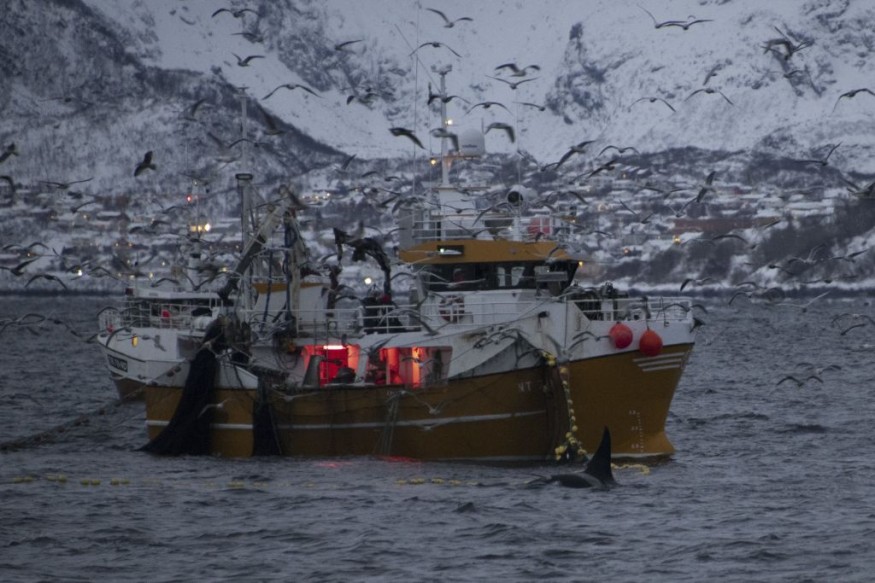In a rare occurrence, an orca aggressively slammed a yacht navigating the North Sea near Scotland, indicating a potential expansion of orca attacks in the area. Wim Rutten, a retired Dutch physicist and the captain of the yacht, expressed his fear in an interview with The Guardian of the powerful animal's loud breathing during the unsettling encounter.

Orcas Terrorizing Boats
In the interview, the retired physicist and captain of the yacht described how the orca stayed behind the boat before disappearing and then returning at a faster speed, circling him. Rutten felt "soft shocks" created by the mammal as it made contact with the aluminum hull of the yacht.
Rutten immediately made a connection to the recent orca attacks along the Spanish and Portuguese coasts, particularly in the Strait of Gibraltar. Last month alone, USA Today reported 20 orca incidents in those waters, and there have been instances of orcas sinking three boats in Southern Europe since the previous summer.
As per Futurism, the majority of recent orca attacks have been concentrated in the seas south of Spain, specifically the Strait of Gibraltar, as killer whales cause distress to sailors in the past month. However, the incident involving Rutten marks the first reported case of an orca attack in the Northern Waters.
Rutten speculated on the motives behind the orca's behavior, suggesting that it may have wanted to play, establish eye contact, or remove a fishing line. The unusual and escalating encounters between orcas and humans or their vessels have only been documented since 2020, with over 500 reported orca boat interactions between 2020 and 2023, as reported by the Atlantic Orca Working Group.
It Might Be a Fad: Killer Whales Influencing Others to Attack Boats
Scientists suspect that the recent trend of orca attacks on boats may be the result of learned behavior being spread within orca pods. The behavior initially observed in the Strait of Gibraltar has now been reported as far north as Scotland, leading researchers to believe that it is being taught and transmitted among different communities.
Social animals like orcas are known to pick up behaviors from one another, similar to human fads, according to Live Science. For example, in 1987, orcas in Puget Sound started wearing dead salmon as hats, which spread through different pods.
Dolphins, another social cetacean, have also been observed exhibiting fads, such as tail walking, after one dolphin had the opportunity to witness it in a rehabilitation center.
In the Pacific, orcas have been playing with crab pots, while in Europe, they appear to be targeting boat rudders. The exact reason behind this behavior is still uncertain, but it is speculated that the orcas might be attracted to the sensation of water being moved by a boat propeller. It is also suggested that the attacks could be driven by the curiosity and playfulness of juvenile males.
Scientists believe that as the orcas mature and enter their adult life, they will likely outgrow these behaviors and the attacks on boats will cease. They consider the incidents to be a form of playful interaction rather than aggressive intent.
Further research is needed to understand the full extent of this behavior and its underlying causes, but it highlights the complex social dynamics and potential cultural transmission among orca populations.
RELATED ARTICLE: Scientists Claim Killer Whales Attacking Boats Are Just Playing
Check out more news and information on Whales on Science Times.










